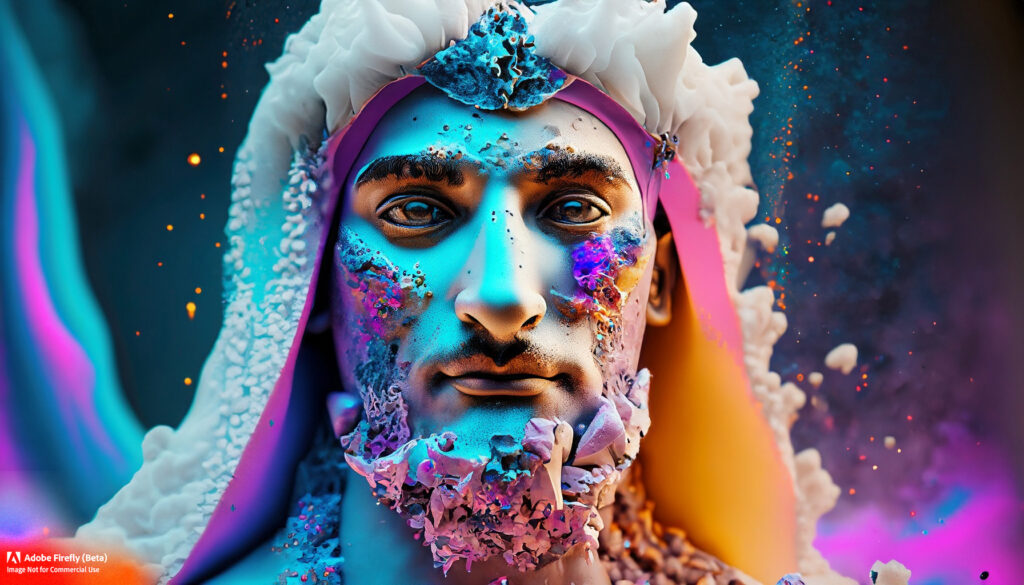Mani: The Man Who Almost Saved the World
History is filled with countless examples of great men and women who have been silenced for daring to speak the truth. Among them, the prophet Mani stands out as a figure whose legacy could have altered the course of the world had he not met his untimely end.
Mani was a Persian prophet who lived during the third century AD. He was the founder of the Manichaean religion, which was a fusion of various religious and philosophical traditions, including Christianity (he claimed to be the Paraclete – a successor to Jesus), Buddhism, and Zoroastrianism. Mani’s teachings emphasized the struggle between good and evil and the importance of achieving inner enlightenment to overcome the darkness within oneself. Being a painter, Mani placed great importance on art in his work. Much of the teachings were conveyed in illustrated manuscripts written and painted by Mani himself rather than secondary accounts written centuries after his death.
Mani’s philosophy was far ahead of its time. Had he been allowed to continue his work, the world may have been a very different place. For starters, his teachings on the importance of balance and harmony between different faiths could have prevented many of the religious conflicts and wars that have plagued humanity throughout history. Mani’s emphasis on the importance of inner peace and enlightenment could have also played a significant role in reducing the prevalence of mental health issues in our society.
Furthermore, Mani’s philosophy placed great emphasis on the interconnectedness of all living things. His teachings on the importance of respecting and protecting the natural world could have had a profound impact on our relationship with the environment. The devastation caused by pollution and deforestation may have been avoided had Mani’s message been more widely embraced.
In addition, Mani’s emphasis on the importance of personal responsibility could have helped prevent many of the social and political issues that have arisen throughout history. His teachings on the importance of treating others with kindness and compassion could have prevented many of the injustices and inequalities that continue to exist in our world.
Unfortunately, Mani faced persecution from religious and political authorities throughout his life. He was eventually imprisoned by the Persian king Bahram I, who saw Mani’s teachings as a threat to his power and authority. Mani spent the last month of his life in prison, where he continued to preach his message to his visiting disciples. However, his imprisonment was not to last as the king soon ordered that Mani be executed. The exact manner of Mani’s death is unclear, but some accounts suggest that he was mutilated via post-mortem decapitation, and his head put on display in a public square as a warning to others who dared to challenge the established order.
Despite his brutal death, Mani’s legacy lives on, and his teachings continue to inspire and influence people around the world today. It is impossible to know exactly how the world would have been different if Mani had not been killed, but one thing is certain: his teachings were far ahead of their time, and they still hold great relevance today.
If more people had embraced Mani’s philosophy, the world may have been a more harmonious, peaceful, and just place. Instead, his message was silenced, and the world continues to struggle with many of the same issues that Mani sought to address.
In conclusion, Mani’s legacy serves as a reminder of the importance of standing up for what we believe in, even in the face of persecution and adversity. His teachings on balance, interconnectedness, personal responsibility, and compassion are as relevant today as they were in the third century. It is up to us to carry on his message and work towards creating a better world for ourselves and future generations.




